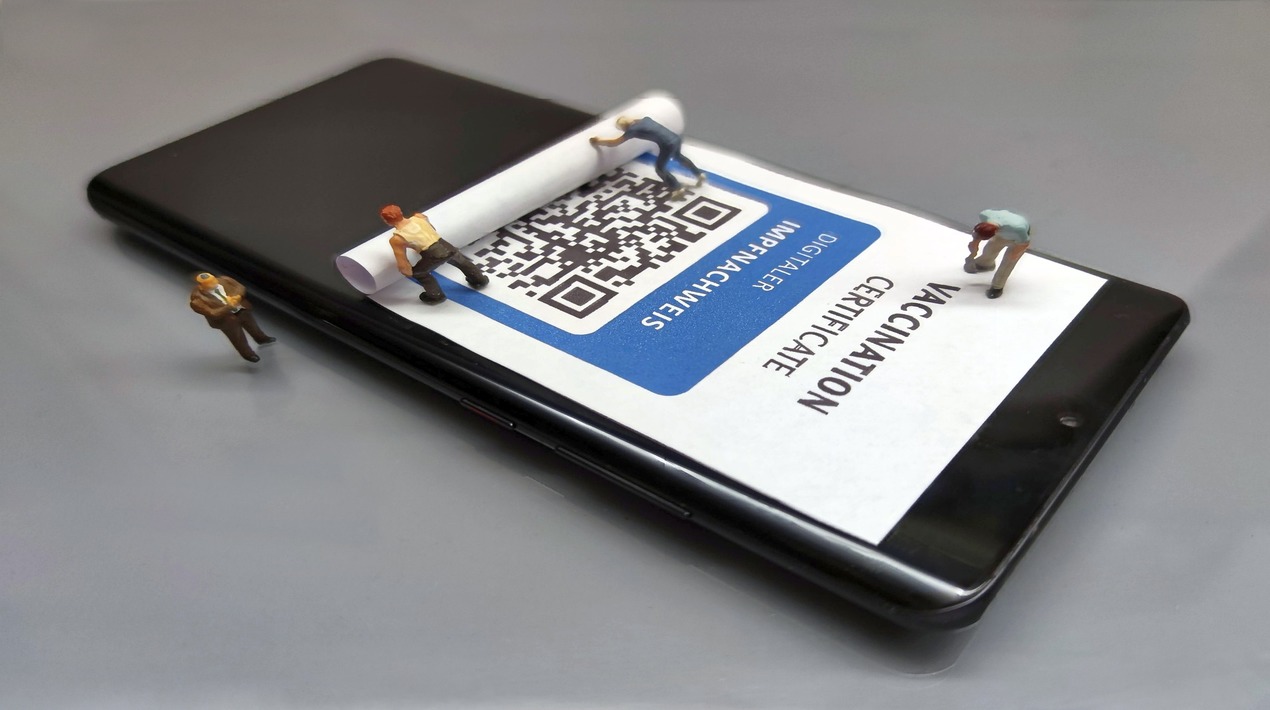
Vaccination certificates are not a new concept ever since the pandemic started. They are health documents that record a vaccination event – traditionally as a paper card – and include key details such as the date, product, and batch number of the vaccine administered. The Digital Documentation of COVID-19 Certificates is proposed as a mechanism for digitally documenting a person’s COVID-19-related health data using an electronic certificate.
For the system to generate a digital certificate, it relies on the Vaccine Line List data submitted by the LGUs to the central VIMS data warehouse. All the data are made secured through the necessary encryptions and may be cryptographically verified by authorized agencies, groups, or countries.
– DICT Undersecretary for Digital Philippines
Currently, the certificate can be utilised in the same way as the paper record. This is to provide health care providers with information about people’s vaccination status and to provide a basis for health workers to offer a subsequent dosage and or health care services. Vaccination cards are also used in some cases to make foreign journeys easier, for instance in the case of yellow fever, where certain nations could require a vaccine certificate as a condition of entry.
With this, The Department of Information and Communications Technology (DICT) will be launching its National Digital Vaccine Certificate by the end of September 2021 with the objective of uniting all LGU-issued vaccination certificates in the entire country.
The Digital Vaccine Certificate of the Philippines is a subsystem of the Vaccine Info Management System of the DICT with the aim to enable the National Vaccine Operational Centre (COVID-19) to vaccinate the largest possible number of individuals as quickly as feasible. Once the vaccine certificates are launched, the Filipinos are issued free of charge.
A certificate for the vaccination can be completely digital for example, stored on a smartphone app or cloud-based server, substituting for the necessity for a paper card, or digitally representing a traditional paper record. A barcode can be used to develop a connection between the paper record and the digital record. It is printed on a paper vaccination card or applied on it. Neither individual should ever have a smartphone or computer for a digital certificate.
The National Digital Vaccine Certificate will be available for rollout and use within September 2021 in response to the COVID-19 pandemic and the growth of the country’s digital network infrastructure (the original target for the public launch was 01 September 2021). The time required for the system and data preparedness from the LGU’s side, including adjustments in data encoding, and integration of all data sets with a central repository, was attributed to the delay in the implementation of the Digital Vaccine Certificate.
The Digital Vaccine Certificate was developed by the Health Department (DOH) in June 2021 as it increased the necessity to build up an autonomous portal for direct citizens to access. In addition to the QR-code scanning capabilities for the use of the Bureau of Quarantine (BOQ) and border control authorities, a verification feature was added. The BOQ for food managers, sailors and airline or aviation support staff is different from Yellow Cards.
The system is claimed to be reliant on data given by the LGUs to the central VIMS data warehousing for the purposes of generating a digital certificate. All data is safeguarded by the relevant encryptions and can be validated by authorised agencies, groups or countries cryptographically.
Digital vaccine certificate is a basis for global recognition and trust based on the presentation of DICT and complies to the Guidelines of the World Health Organisation (WHO) on Digital documentation of COVID Certification (DDCC). The system uses verified credentials that enable it to be interoperable and swallowed through permitted wallet applications, as asserted by the DICT representative. The Philippine Government has owned both the source code and the system data since the conceptualisation of the Digital Vaccine Certificate. Some of these expectations are met by the guidance provided today. It does, however, show how governments should evaluate safeguards, precautions, and the hazards associated with the use of certificates.
















